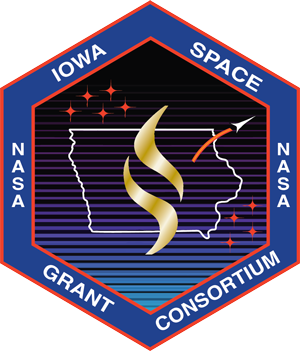LAUNCH-SPACE
Launching Aerospace’s Undergraduate Students into the Next Chapter – Summer 2026
LAUNCH-SPACE is a 10-week summer Research Experience for Undergraduates (REU) funded by the National Science Foundation open to undergraduate STEM students from any college. The program immerses undergraduate students in cutting-edge aerospace and space technology research while preparing them for graduate study and careers in STEM fields.
Program Details:
- Dates: June 1st– August 7th
- Location: Iowa State University · Ames, Iowa
- Application Deadline: January 9th, 2026
- Benefits: Stipend · Housing · Meal Plan · Travel · Mentorship · Research Publication Opportunities
Who Should Apply
- Undergraduate STEM majors entering into thier junior or senior year
- U.S. citizens or permanent residents
- Students passionate about space, engineering, and discovery
- Students from community colleges and/or those new to research are encouraged to apply
Weekly Program Calendar
Orientation
Project, Weekly Group Meeting and Social
Workshop: Craft of Research: Literature Review
Lab Tour: ISU Spaceflight Simulator (NBT)
Project, Seminar, Weekly Group Meeting and Social
Workshop: Craft of Research: Literature Synthesis
Lab Tour: Virtual Reality Applications Center
Project, Seminar, Weekly Group Meeting and Social
Workshop: Craft of Research: Hypothesis-Driven Research
Field Trip: Center for Nondestructive Evaluation
Project, Weekly Group Meeting and Social
Workshop: Technical Research Paper
Lab Tour: Flight simulators
Project, Weekly Group Meeting and Social
Workshop: Oral Slide Development and Presentation
Field Trip: Rockwell Collins
Project, Weekly Group Meeting and Social
Workshop: Grad. School Preparation, Application, and Funding
Lab Tour: ISU Icing Research Tunnel
Project, Weekly Group Meeting and Social
Workshop: Poster Development and Presentation
Field Trip: Ames Laboratory
Workshop: Engineering Leadership and Teamwork Skills
Lab Tour: ISU Tornado Simulator
Project, Weekly Group Meeting and Social
No Workshop
Wrap-up and Evaluation
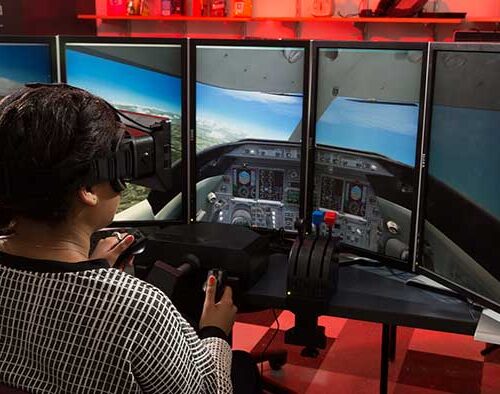
Faculty Mentors
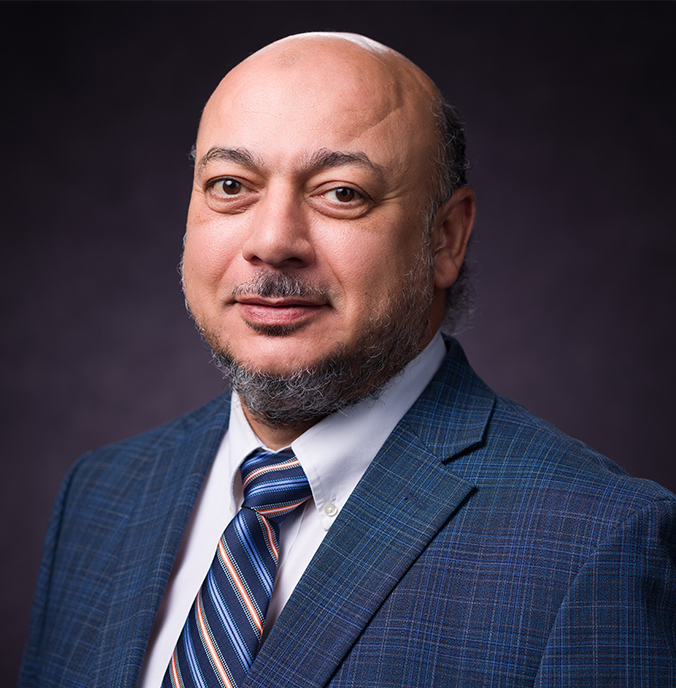
Dr. Ossama Abdelkhalik
Dr. Ossama Abdelkhalik is a professor and the Vance D. Coffman faculty chair in the Department of Aerospace Engineering, at Iowa State University, in Ames, Iowa. His research interests are in the areas of dynamics, control, and optimization, with applications in space systems. He authored and co-authored more than a hundred journal and conference articles. Dr. Abdelkhalik is an Associate Fellow of AIAA and a member of the AIAA Technical Committee on Astrodynamics. He serves as Associate Editor in the Springer journal of Astrodynamics.
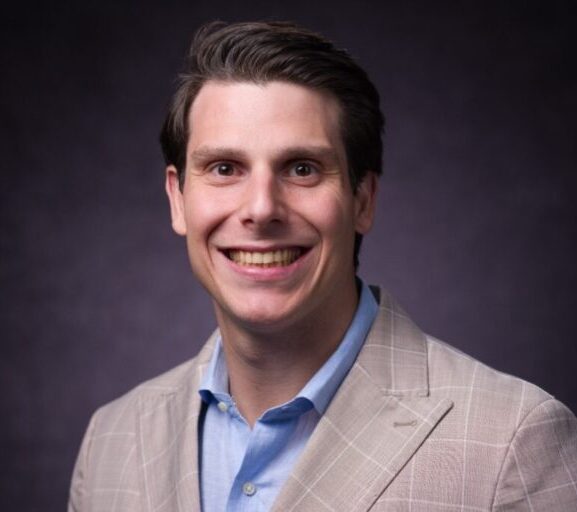
Dr. Simone Servadio
Dr. Servadio’s research interest focuses on estimation, control, and astrodynamics. Whenever needed, estimation can be performed on available models to strengthen their validity. With his experience on nonlinear filtering and Bayesian updates, Dr. Servadio will guide students in incorporating real data into the modeling of the real environment. He has worked extensively with graduate and undergraduate students in his lab on the creation of the LEO population dataset, developing economical optimization for Active Debris Removal (ADR) Target selection using Genetic Algorithms.
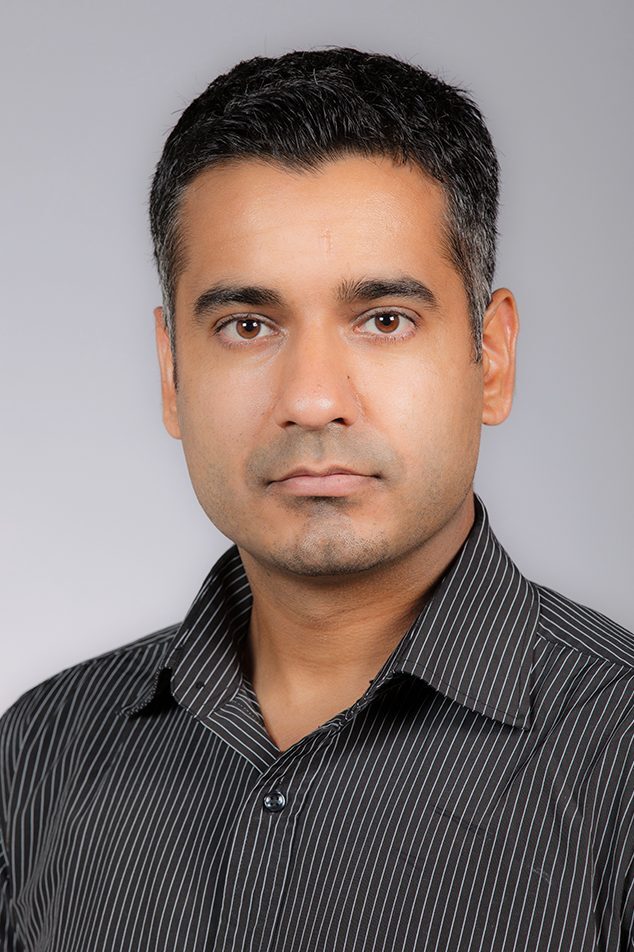
Dr. Sidharth GS
Dr. Sidharth’s research focuses on high fidelity simulations and modeling of hypersonic flow regimes, both internal and external flows. Physical processes of interest include multiscale mix and burn, high temperature and multimaterial transport, turbulent processes and discovery of novel coherent and statistical transport mechanisms in fluid flows. Other applications of interest are fusion energy, geophysical fluid dynamics and sustainable energy systems. He is also the faculty mentor and the CFD advisor for the undergraduate rocket team CyLaunch.
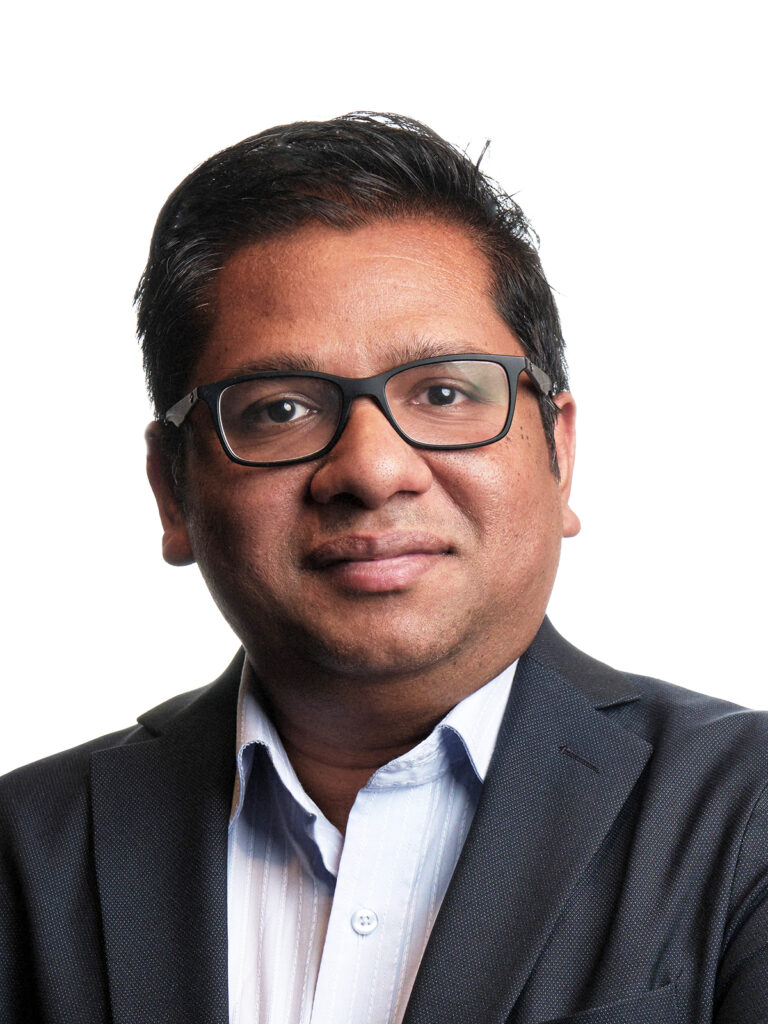
Dr. Abhishek Halder
Dr. Halder’s research designs and analyzes tools in stochastic control and probabilistic machine learning for safety-critical engineering applications such as Mars EDL. In the past, his joint work with graduate and undergraduate students have won several research awards and fellowships. He is also the creator and instructor of an innovative feedback control summer course for 8-11 graders in STEM, teaching control theory without using linear algebra or calculus. Students from this course have won awards in international robotics competitions.
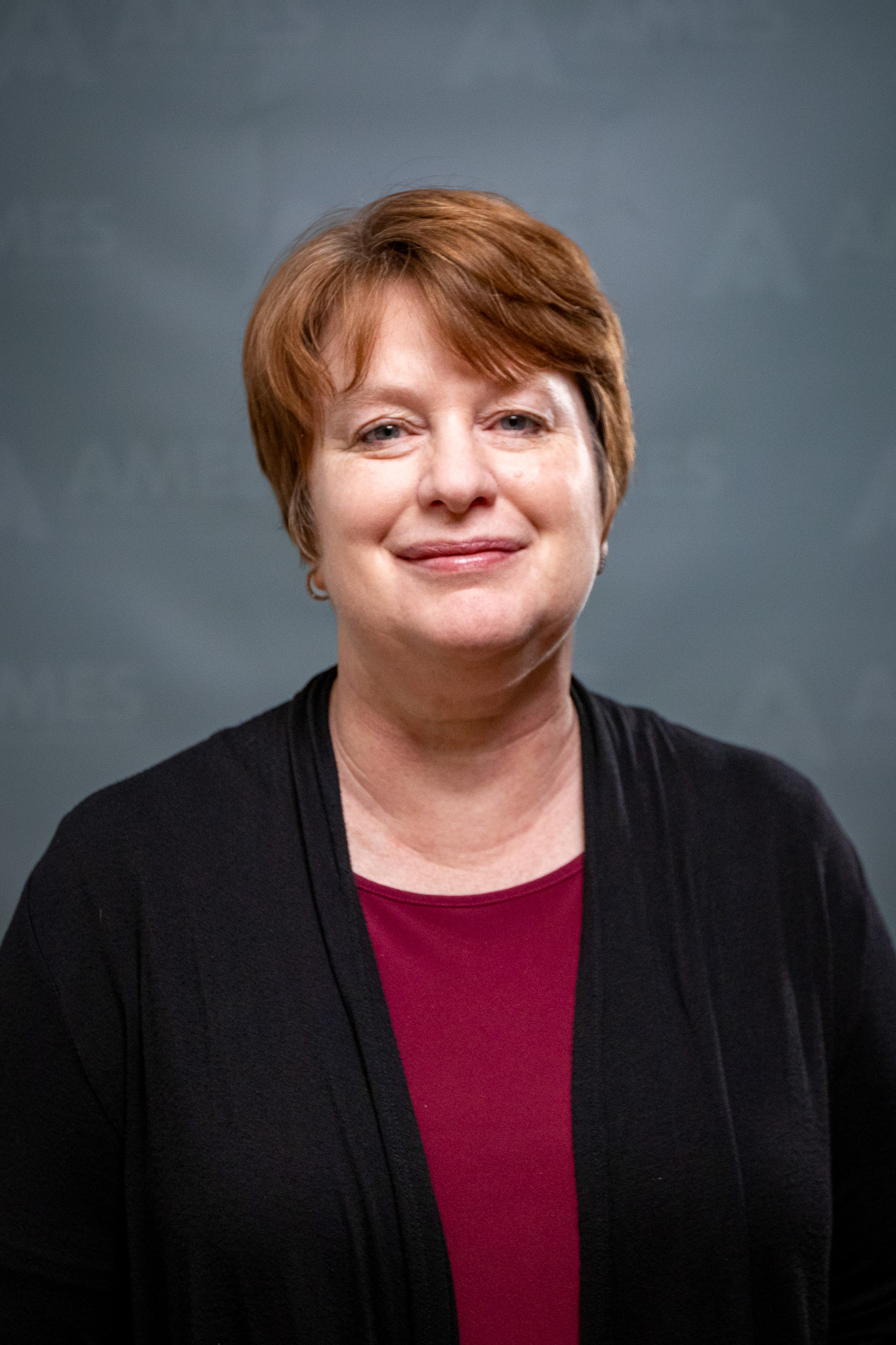
Dr. Julie Slaughter
Dr. Slaughter’s research focuses on early-stage technology demonstrations for solid-state cooling technologies. Her DOE projects have focused on advancing high power density magnetocaloric and elastocaloric cooling for air conditioning and refrigeration. She currently has a Department of Defense SERDP project aimed at elastocaloric cooling for military vehicle air conditioning with a goal of replacing harmful and flammable refrigerants
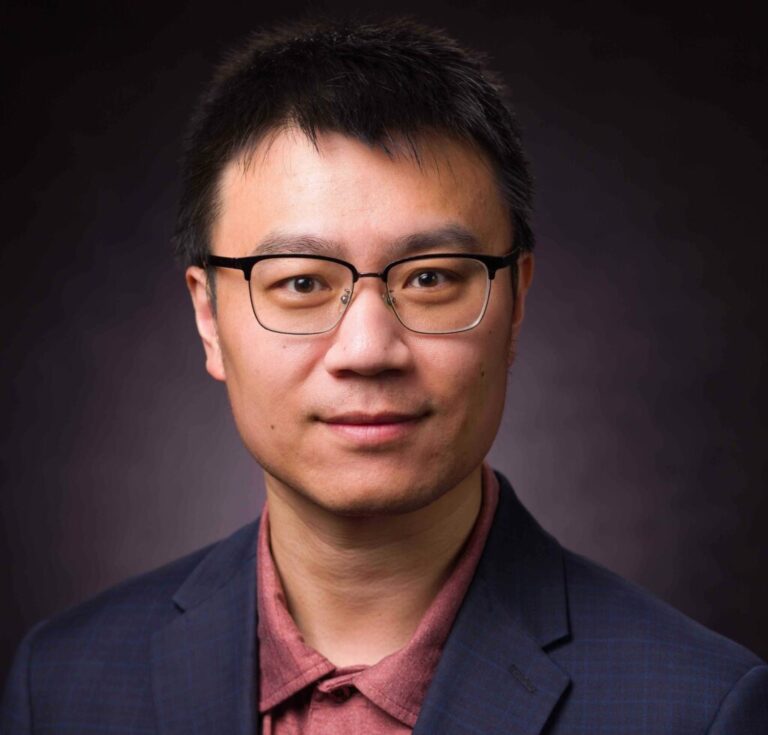
Dr. Wenjie Xia
Dr. Xia’s research focuses on understanding the complex behaviors of hierarchical materials via bottomup multiscale modeling and data-driven approaches for the design and prediction of their performance in structure/infrastructure, aerospace, energy, and bioengineering applications. Dr. Xia and his group have developed multiscale modeling tools and established innovative materials-by-design frameworks for high performance multifunctional materials by integrating fundamental theories, multiscale modeling, computation, and experiments.
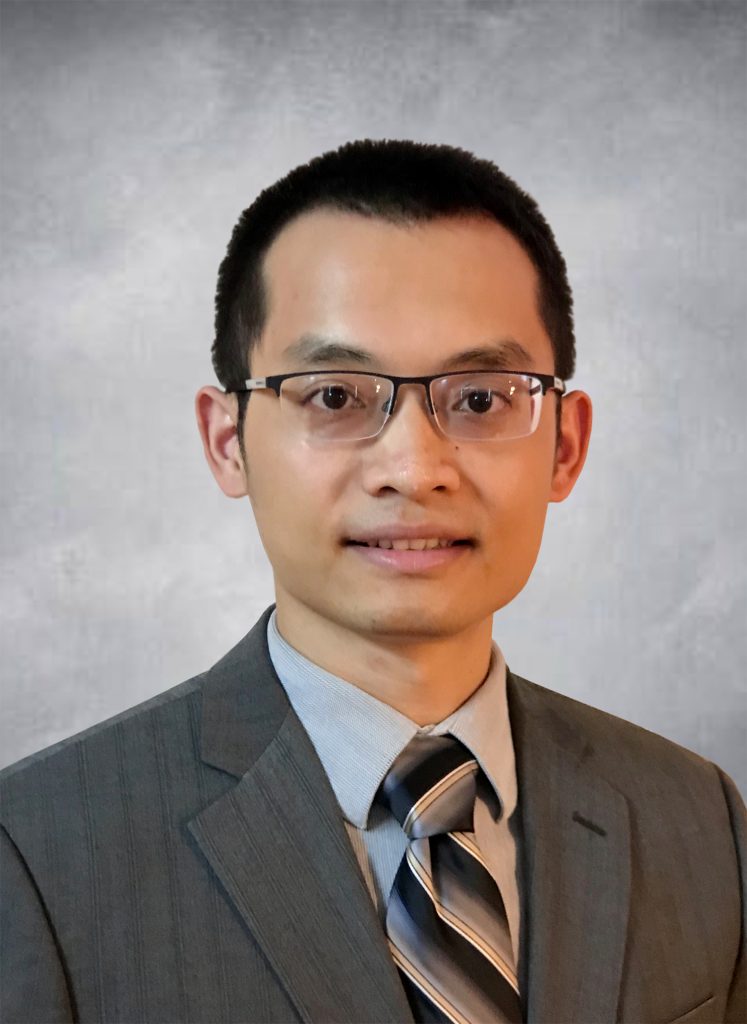
Dr. Ping He
Dr. He leads the iDesign lab, whose vision is to create revolutionary analysis, design, and optimization methods and tools to transform educational and research activities in academia and industry. Specifically, our research focuses on developing efficient algorithms and software, such as computational fluid dynamics and adjoint solvers, to understand the fundamental behavior of multidisciplinary engineering systems and to facilitate their design. The applications include aerodynamic, heat transfer, structural, and hydrodynamic analysis, design, and optimization for next-generation land, air, sea, and space vehicles.
Dr. Ossama Abdelkhalik
Dr. Ossama Abdelkhalik is a professor and the Vance D. Coffman faculty chair in the Department of Aerospace Engineering at Iowa State University in Ames, Iowa. His research interests are in the areas of dynamics, control, and optimization, with applications in space systems. He authored and co-authored more than a hundred journal and conference articles. Dr. Abdelkhalik is an Associate Fellow of AIAA and a member of the AIAA Technical Committee on Astrodynamics. He serves as Associate Editor in the Springer journal of Astrodynamics.
Dr. Simone Servadio
Dr. Servadio’s research interest focuses on estimation, control, and astrodynamics. Whenever needed, estimation can be performed on available models to strengthen their validity. With his experience on nonlinear filtering and Bayesian updates, Dr. Servadio will guide students in incorporating real data into the modeling of the real environment. He has worked extensively with graduate and undergraduate students in his lab on the creation of the LEO population dataset, developing economical optimization for Active Debris Removal (ADR) Target selection using Genetic Algorithms.
Dr. Sidharth GS
Dr. Sidharth’s research focuses on high fidelity simulations and modeling of hypersonic flow regimes, both internal and external flows. Physical processes of interest include multiscale mix and burn, high temperature and multimaterial transport, turbulent processes and discovery of novel coherent and statistical transport mechanisms in fluid flows. Other applications of interest are fusion energy, geophysical fluid dynamics and sustainable energy systems. He is also the faculty mentor and the CFD advisor for the undergraduate rocket team CyLaunch.
Dr. Abhishek Halder
Dr. Halder’s research designs and analyzes tools in stochastic control and probabilistic machine learning for safety-critical engineering applications such as Mars EDL. In the past, his joint work with graduate and undergraduate students have won several research awards and fellowships. He is also the creator and instructor of an innovative feedback control summer course for 8-11 graders in STEM, teaching control theory without using linear algebra or calculus. Students from this course have won awards in international robotics competitions.
Dr. Julie Slaughter
Dr. Slaughter’s research focuses on early-stage technology demonstrations for solid-state cooling technologies. Her DOE projects have focused on advancing high power density magnetocaloric and elastocaloric cooling for air conditioning and refrigeration. She currently has a Department of Defense SERDP project aimed at elastocaloric cooling for military vehicle air conditioning with a goal of replacing harmful and flammable refrigerants.
Dr. Wenjie Xia
Dr. Xia’s research focuses on understanding the complex behaviors of hierarchical materials via bottomup multiscale modeling and data-driven approaches for the design and prediction of their performance in structure/infrastructure, aerospace, energy, and bioengineering applications. Dr. Xia and his group have developed multiscale modeling tools and established innovative materials-by-design frameworks for high performance multifunctional materials by integrating fundamental theories, multiscale modeling, computation, and experiments.
Dr. Ping He
Dr. He leads the iDesign lab, whose vision is to create revolutionary analysis, design, and optimization methods and tools to transform educational and research activities in academia and industry. Specifically, our research focuses on developing efficient algorithms and software, such as computational fluid dynamics and adjoint solvers, to understand the fundamental behavior of multidisciplinary engineering systems and to facilitate their design. The applications include aerodynamic, heat transfer, structural, and hydrodynamic analysis, design, and optimization for next-generation land, air, sea, and space vehicles.
Dr. Azadeh Sheidaei
Project Descriptions
Title: Interplanetary Trajectory Design Optimization
Overview: The 2013 Planetary Science Decadal Survey (PSDS) emphasized that many important atmospheric science questions can only be addressed by studies of the ice giants Uranus and Neptune; it was concluded that a New Frontiers-class mission to Uranus should be made a priority for the 2013 to 2023 time-frame. Although missions to both ice giants have high scientific merit, the conclusion was that a Uranus mission is favored for practical reasons involving available trajectories, flight times, and cost. In fact, the 2013 PSDS recommended that The Uranus Orbiter and Probe mission should be subjected to rigorous independent cost verification throughout its development; hence the trajectory optimization should have the objective of optimizing both cost and flight time. Planetary fly-bys are crucial to reduce the cost of this type of outer solar system mission. Multi-vehicle missions (MVMs) can be used to reach multiple planets/moons, leveraging the launcher for multiple vehicles. For example, it was shown that it is possible to find attractive trajectories that sends a probe to Saturn on the way to delivering an orbiter at Uranus, when certain launch vehicles are used. This project enhances the NASA EMTG with modules that handle multiple objectives, adopt automated methods for optimizing this type of complex trajectories, and can optimize MVMs.
Student Participation: This project will train LAUNCH students on using NASA software tools for trajectory design and simulation. Specifically, students will learn how to use the NASA GMAT tool, and will write Matlab codes that control GMAT. LAUNCH students will use GMAT to test solutions developed in the research group using in-house methods and codes. The Matlab code that LAUNCH students write will read these in-house solutions and provide them to GMAT for testing in an automated way.
Title: Source-Sink Model Validation and Verification of the LEO Environment
Overview: With the upcoming creation of mega constellations, both from the public and business sector, the question on how many satellites can safely coexist in Low Earth Orbit (LEO) has gained importance to address Space Domain Awareness (SSA). Various models that estimate and propagate the LEO space population exist, and they are part of either of two categories: Source-Sink models or Monte Carlo models. Monte Carlo models propagate the whole space population satellite by satellite, separately: their estimation is accurate with the drawbacks of being slow with high computational cost. Source-Sink model, instead, divide the space population into different families, e.g., payload, derelicts, debris, rocket bodies, and propagate the family in time sing well-selected ordinary differential equation. The work proposed in this proposal consists in validate the Source-Sink model propagation using data from the Monte Carlo approach and from the available catalogue of resident space objects (RSO) available online. The goal is to verify the Source Sink model with the available data and correct its equations of motion when requested.
Student Participation: Students will learn about the Source-Sink Evolutionary Model (SSEM) and how to represent different RSO in space. Then, they will get comfortable in creating a database of the space environment that stores all the required data needed for characterization and analysis. Finally, they will cross-validate the data with the time evolution of the SSEM, highlighting whether there is matching and alignment between prediction and reality, and modifying the model whenever requested. The final goal is to modify the parameters of the equations of motion to best fit the actual behavior of the LEO population. Cross-validation will then be performed using Monte Carlo models.
Title: Models and Numerics Development for High-Speed Flow Simulations and Analysis
Overview: Simulations of flow-fields relevant to hypersonic flight provide a complementary route to design and analysis for exploratory lab-scale experiments as well as a mechanistic description of the flow-field in flight conditions that cannot be reproduced in the lab, particularly replicating the extreme conditions of hypersonic flight. However, predictive accuracy of hypersonic flight simulations requires physics and numerical components to work in tandem across multiple length and time-scales relevant to the simulation. Important research components include the effect of compressibility and large temperature and density gradients on small-scale and near-wall modeling to faithfully represent dissipative molecular scales. For internal flows relevant to propulsion, chemical kinetics and the fluid-thermochemical coupling at different scales becomes an important and challenging aspect of modeling. Dr. Sidharth’s group works to develop modeling frameworks for discovery and understanding of these complex interactions that produce dynamics dominated by compressibility generated vorticity, which is currently not well understood. An important analysis framework pursued in the group to improve predictive capabilities of the models is to quantifying multiscale input-output sensitivity between the different physical variables and their spatio-temporal signatures.
Student Participation: LAUNCH students will contribute to different components of high-fidelity simulation and analysis techniques. The students will also plug-in and assist in development of flow setups relevant to high-speed reactive flows, which includes grid generation and adaptivity, wall-modeling techniques and flow stability and sensitivity analyses. During this work, students will encounter postprocessing tools for large-scale datasets (simulation domains discretized with millions of degrees of freedom) and use scientific libraries that employ scalable algorithms for analysis of the datasets.
Title: Schrödinger Bridge for Precision Entry-Descent-Landing
Overview: Next generation space missions with entry-descent-landing (EDL) segments require an unprecedented statistical precision in guidance and landing despite uncertain environments and possibly unmodeled dynamics. For instance, the delivery error in Mars EDL has improved over the last decade by an order of magnitude, from hundreds of Km to tens of Km. This was accomplished using active feedback control strategies custom designed for such EDL segments. However, traditional control strategies are fundamentally challenging due to the interplay between stochastic uncertainties, fast physical dynamics time-scale, and the computational time-scale allowed by the on-board computing.
Student Participation: Students will learn about recent advances in Schrödinger bridge—a topic at the intersection of mathematical physics, stochastic control and machine learning–that allows designing feedback controls to steer a joint statistical distribution exactly to another subject to controlled nonlinear dynamics and hard deadline constraints. This will allow the students to be exposed to the multidisciplinary nature of the research cutting across several engineering domains of contemporary interests. Students will design and numerically simulate Schrödinger bridge-based controllers for precision landing in Mars EDL subject to stochastic uncertainties. The students will also help benchmark the controller’s performance against conventional feedback strategies.
Title: Advanced Refrigeration Systems for Space Applications
Overview: Spaceflight applications require a wide range of temperature control from cryogenic temperatures to room temperature, meeting a wide range of needs, including human comfort, food refrigeration, and sample storage. The use of vapor compression and traditional refrigerants for this tight temperature control poses potential hazards including leaks and the need for replenishment of refrigerants using specialized storage and equipment. Solid-state cooling technologies, such as magnetocaloric cooling and elastocaloric cooling, are a reliable and efficient solution that can eliminate these hazards. Dr. Slaughter’s group has been demonstrating applicability of caloric cooling technologies in challenging environments though the use of models and proof-of-concept hardware. Solid-state refrigeration technology has the potential to improve the safety, reliability, and efficiency of cooling for spaceflight. These technologies are also broadly applicable for commercial uses as an environmentally safer alternative to vapor compression for cooling and heat pumping.
Student Participation: LAUNCH students will learn about caloric cooling technologies and will be responsible for identifying caloric materials that can support the wide range of temperatures needed for spaceflight applications. In addition, they will modify existing equipment and perform experiments to validate the range of materials that will meet cooling demands. Students will assist in demonstrating relevant cooling temperatures and cooling power ranges for target applications using a combination of models and hardware. This ambitious project will help advance new technologies that can improve the efficiency and reliability of cooling for spaceflight.
Title: Modeling Guided Design of Composite Coating for Sensor Platform under Extreme Environments
Overview: Development of an advanced sensor platform that can be reliably applied under extreme environmental conditions, such as at extremely high temperature and pressure states, is of critical importance for planetary and solar system exploration. This is particularly challenging for the planet Venus exploration and operation, for instance, because of its high ambient surface temperature (i.e., about 864 or 462 °C) and pressure (i.e., about 90 atm at the surface or equivalently the pressure at a depth of 3000 feet beneath Earth’s ocean). Long-duration space missions require sensors to survive and maintain their functionalities and structural stability at high surface ambient temperature and pressure over a long period of time, such as several months or even a year, which is yet to achieve with currently available sensor platforms and technologies. Rooted in this context, the proposed project will establish a modeling design framework for a protective composite coating system to enable a reliable and durable sensor platform that can operate under long-term high temperature environment and thermomechanical loading conditions for space operation.
Student Participation: LAUNCH students will learn about the multiscale modeling framework for design and development of high-performance composite coatings systems that can be reliably operated under extreme conditions. Specifically, the students will employ the multiscale modeling techniques based on molecular dynamics and coarse-grained modeling to computationally investigate the thermomechanical behaviors of composite coatings over a wide temperature and pressure range. They will also explore the microstructure and interfacial features of the materials through big data analysis and visualization, which will be used to develop structure-property relationships for design and development of advanced materials for sensor platform system.
Title: Control Co-design Optimization of Spacecraft Systems and Trajectory
Overview: The objective of this project is to design high-performance spacecraft and their trajectory to minimize the cost of space missions. We have been sending many spacecraft to explore the universe to advance our knowledge of the universe. The cost is the main factor that limits the number of missions we can afford. To minimize the cost, traditional space mission designs typically consider the spacecraft systems and their trajectory separately. It is plausible that a coupled spacecraft system and trajectory design will get extra benefit than the traditional de-coupled design approach. Therefore, this project will optimize the coupled spacecraft system and trajectory design and quantify its benefit. Spacecraft and trajectory simulations will be conducted using NASA’s open-source multidisciplinary design optimization tools Dymos and OpenMDAO. Large-scale gradient-based optimization will be conducted to minimize the mission cost with respect to hundreds of design variables and design constraints.
Student Participation: The students will run the coupled spacecraft system and trajectory optimization, postprocessing the optimization results, and summarize the research. They will: Formulate the multidisciplinary design optimization problem (objective function, design variables, and constraints) in OpenMDAO; Run simulations to compute the spacecraft trajectory and system performance; Run large-scale gradient-based optimization to improve the design performance automatically; Extract and plot the trajectory and system information from the optimization results; Interpret the underlying physics that drives the design improvement by comparing the baseline and optimized designs; Write a scientific report summarizing the research and presenting the results at a symposium.
Title: Dynamics Metamaterials for Directional Vibration Control in Space Structures
Overview: Launch vehicles, satellites, and planetary landers all experience intense vibration environments that can damage sensitive instruments or shorten system lifetime. This project will explore a new class of 3D-printed “dynamics/phononic metamaterials”, architected lattices whose micro-geometry is designed to steer and block mechanical waves in specific frequency ranges. In our recent work we developed a monolithic, asymmetric lattice with internal frictional contacts that exhibits low-frequency band gaps (frequency ranges where vibrations cannot propagate), strong anisotropy, and direction-dependent wave transmission.
By combining experiments on 3D-printed specimens with finite-element simulations, we will investigate how geometric design and frictional interfaces can be tuned to create lightweight, reusable vibration and shock filters for space structures. The ultimate goal is to map design rules that could be used to integrate these metamaterials into satellite panels, instrument mounts, or lander structures to protect critical hardware during launch and operation.
Student Participation: LAUNCH-SPACE students will join an active research effort at the intersection of structural dynamics, advanced manufacturing, and space technology. Depending on interests, students will: (1) Develop and run finite-element models (e.g., in COMSOL or Abaqus) to compute dispersion curves and identify band gaps for candidate lattice designs. (2) Help design and 3D-print new metamaterial specimens with tailored asymmetry and frictional contact regions. (3) Perform shaker-table experiments using impedance heads and laser Doppler vibrometry to measure input–output vibration response and transmission loss across frequency. (4) Use Python/MATLAB toolchains (FFT, Welch spectra, etc.) to process time-domain data into frequency-domain metrics and compare with simulations.
Project Faculty
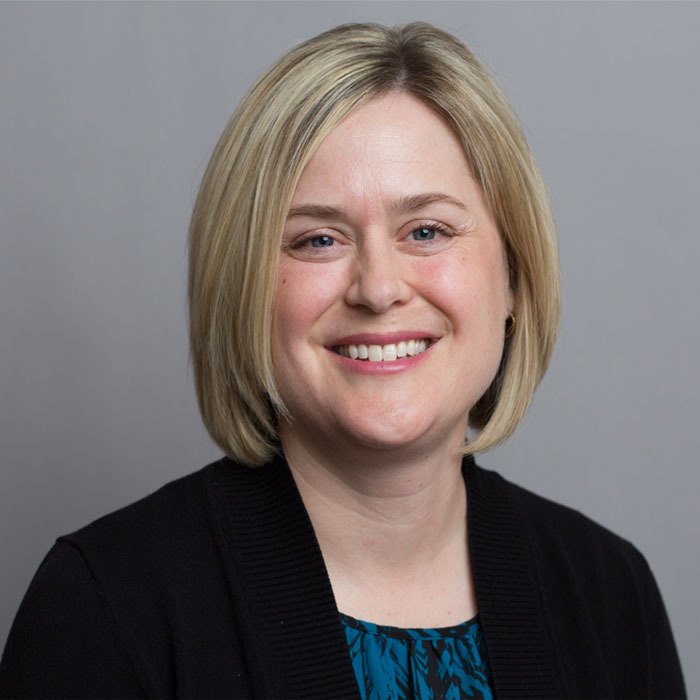
Dr. Sara Nelson
Principal Investigator
Director - Iowa Space Grant Consortium

Dr. Ossama Abdelkhalik
Co-Principal Investigator
Iowa State University - Aerospace Engineering Professor, Vance D. Coffman Faculty Chair
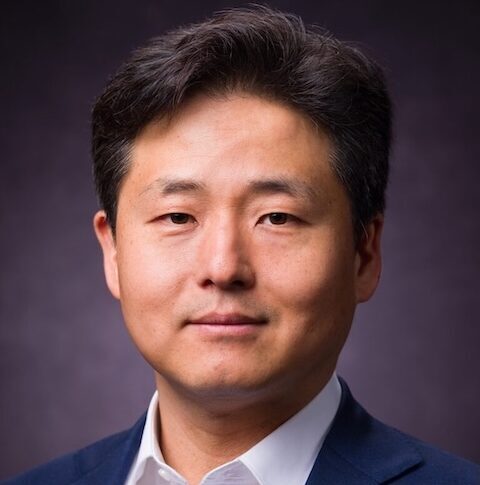
Dr. David Lee
Collaborator
California State University, Long Beach- Mechanical and Aerospace Engineering Professor
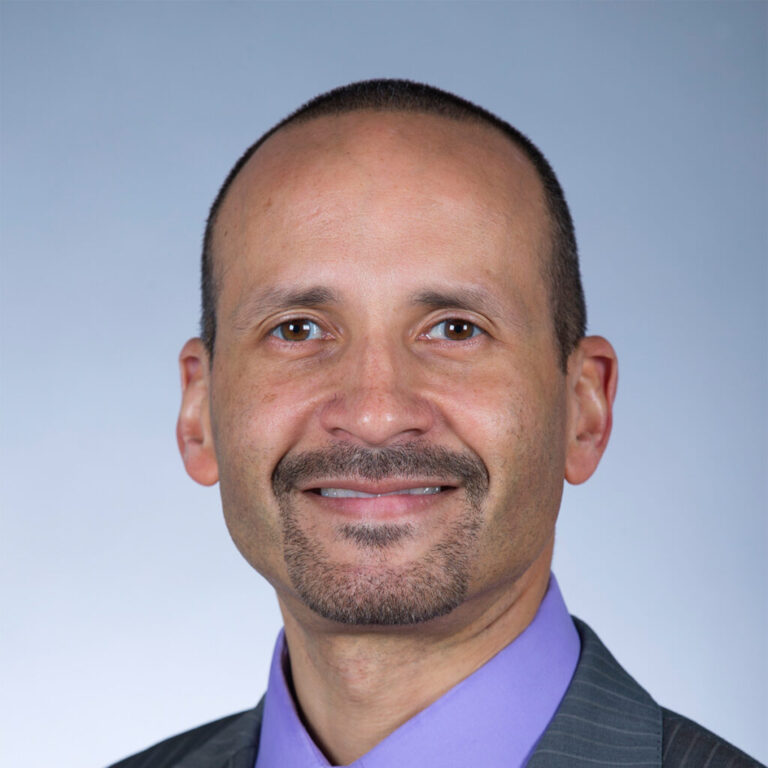
Tomas Gonzalez-Torres
Project Faculty
Iowa State University- Aerospace Engineering Professor of Practice
